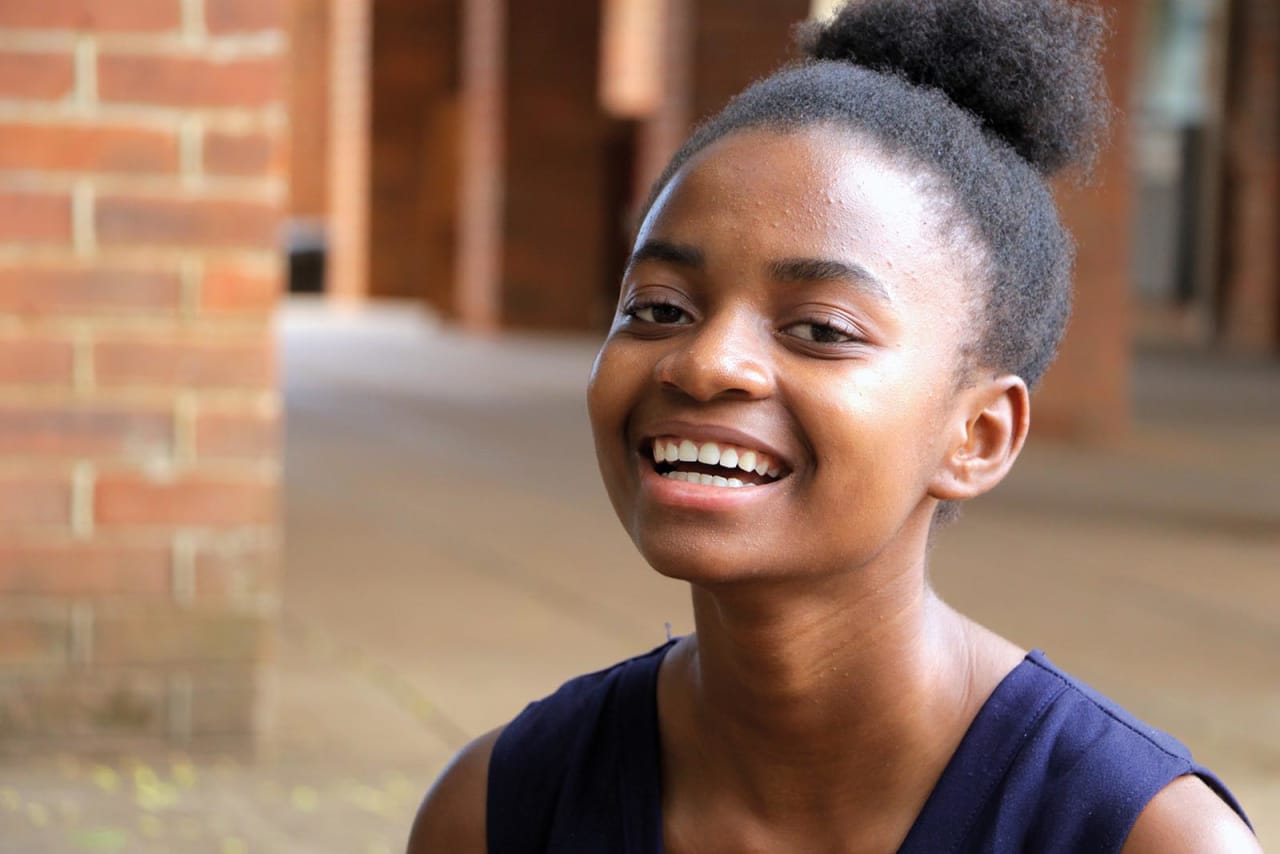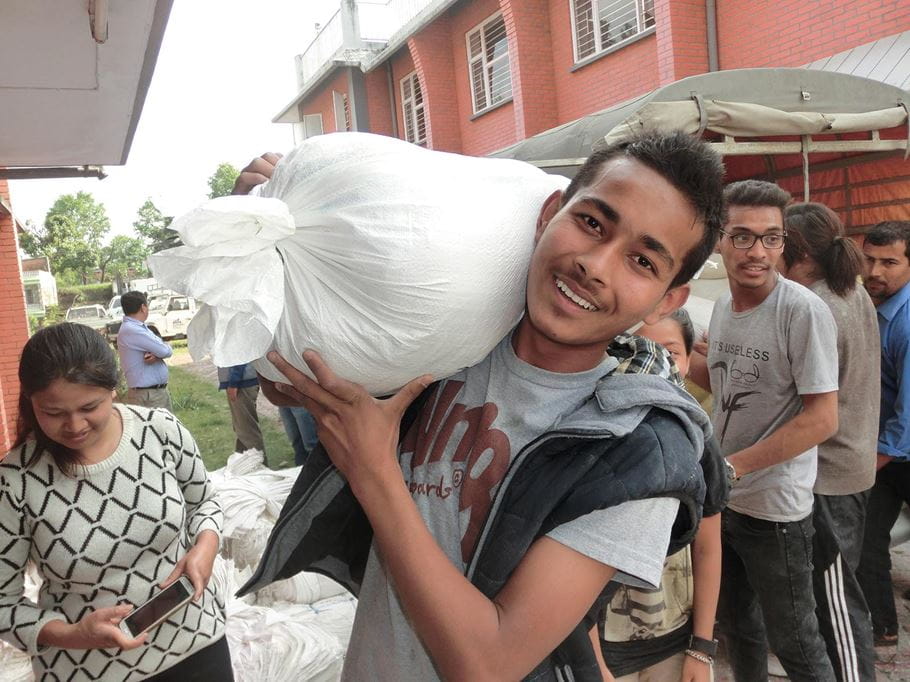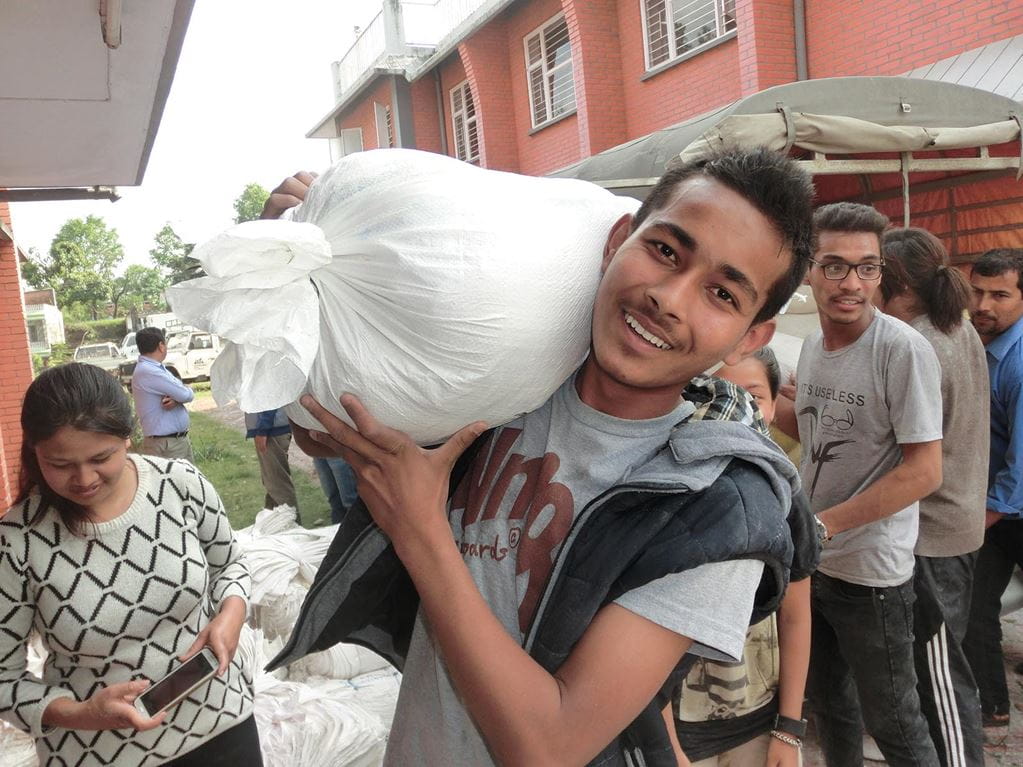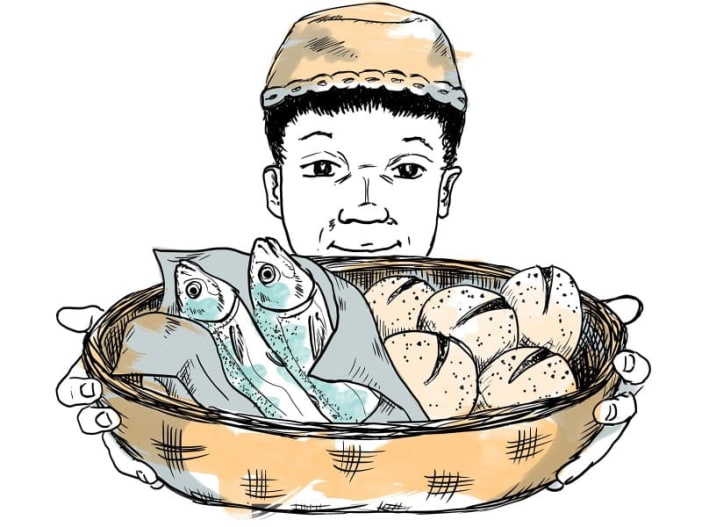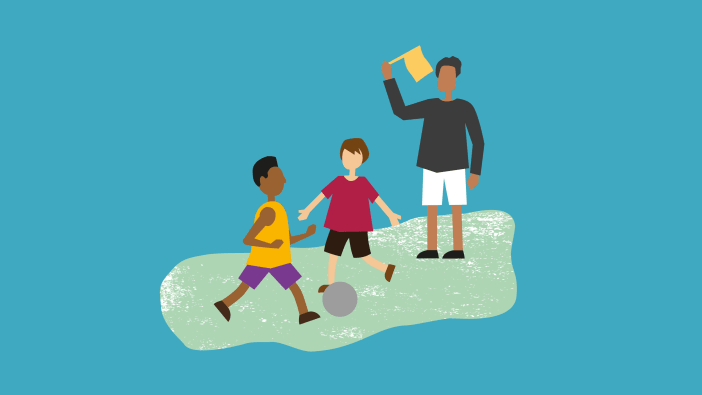‘Young people are tomorrow’s dreamers, doers and thinkers – tomorrow’s leaders. Imagine what they will create: inventions, breakthroughs, new medicines, new forms of transport, new ways to communicate, more sustainable economies, and maybe even a world at peace. They hold our shared future in their hands.’ - Henrietta Fore, Executive Director of Unicef
In 2019 there are more young people aged 15 to 24 than ever before. Together they make up 16 per cent of the global population. Full of energy and ideas, many are able to develop their skills, enjoy life and contribute to society. However, others face an uncertain future.
Every month, 10 million youth reach working age, but there are not enough jobs for all of them. In fact, young people are twice as likely to be unemployed as adults. Other pressures might include lack of education, poverty, early marriage, conflict, corruption, political uncertainty and environmental degradation.
Young people have the talent and creativity to identify new solutions to problems, build peace, take action to help others and inspire political change. However, if they are to realise their full potential, they need support and opportunity.
Tiffany’s story
Tiffany could see her opportunity for a good education slipping away. Thanks to the hard work and dedication of her uncle, she had completed primary school and two years of secondary. Then her uncle lost his job and could no longer support her. ‘I felt so sad when I learnt I would have to leave school,’ Tiffany says. ‘I felt like my chance to go to university and have a career had become much less.’
About half of the girls in Malawi complete primary school, but only one in five finishes secondary school. There are many reasons for this including poverty, the need for girls to help out at home, distance to schools and early marriage. Some girls stop going to school when they start their periods, especially if there are no decent toilets. If a family can only afford to send some of their children to school, often it will be the boys who are given the opportunity.
When Tiffany received a scholarship allowing her to stay in school, she was delighted. She is currently studying political science at university. She says, ‘I haven’t yet decided what to do after college. Maybe I will try to become an MP.’
A different approach
Tiffany now has the chance to pursue her dreams and influence others. However, for some young people, a different approach to education and training is needed.
Above a busy marketplace in Khartoum, Sudan, 50 young people are sharing ideas and trying to find solutions to the problems they face in everyday life.
Most have never been to school. Many of the boys work in the market and the girls help their mothers at home.
The young people, aged 14 to 24, are taking part in a programme that combines practical training with mentoring, seed funding, conflict resolution and presentation skills.
‘The idea is to think how to solve problems, like electricity, to help create power for the market,’ says Mohammed, as he displays a model generator he made with his team.
Their plan is to design a generator that can be powered by either solar energy or fuel.
‘It is a very good feeling when you find solutions for a problem you face, a very good feeling,’ Mohammed says. ‘I have learnt so many things, like how to express myself, how to be self-confident and responsible, and how to talk to and deal with people I work with.’
Working together
In Burundi, groups of young people are supporting each other to start new businesses. The groups hold regular meetings and receive training in savings and loans, business plan development and small enterprise management. After a while, they are able to buy shares in each other’s businesses and provide each other with loans.
At the same time, the young people are becoming peacebuilders in a country where there are many ethnic and political divisions. Ernest, who is now the co-owner of a recording studio, says, ‘Now that we are together, we are part of building peace in our community. This helps us achieve our goals. If we are together, we can develop our country. If we are divided, we will achieve nothing.’
Leading the way
Every generation faces challenges, but for many young people there are more opportunities now than ever before.
For example, as the world becomes increasingly connected online, the opportunities for people of all ages to make their voices heard locally, nationally and internationally will continue to increase. Youth movements are already leading the way in calling for peace, action against climate change and an end to inequality.
Young people have a tremendous amount to contribute to society. It is essential that they are listened to and given the support they need to shape both the present and the future.


